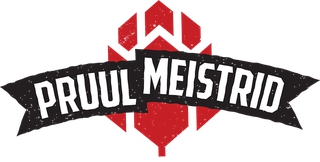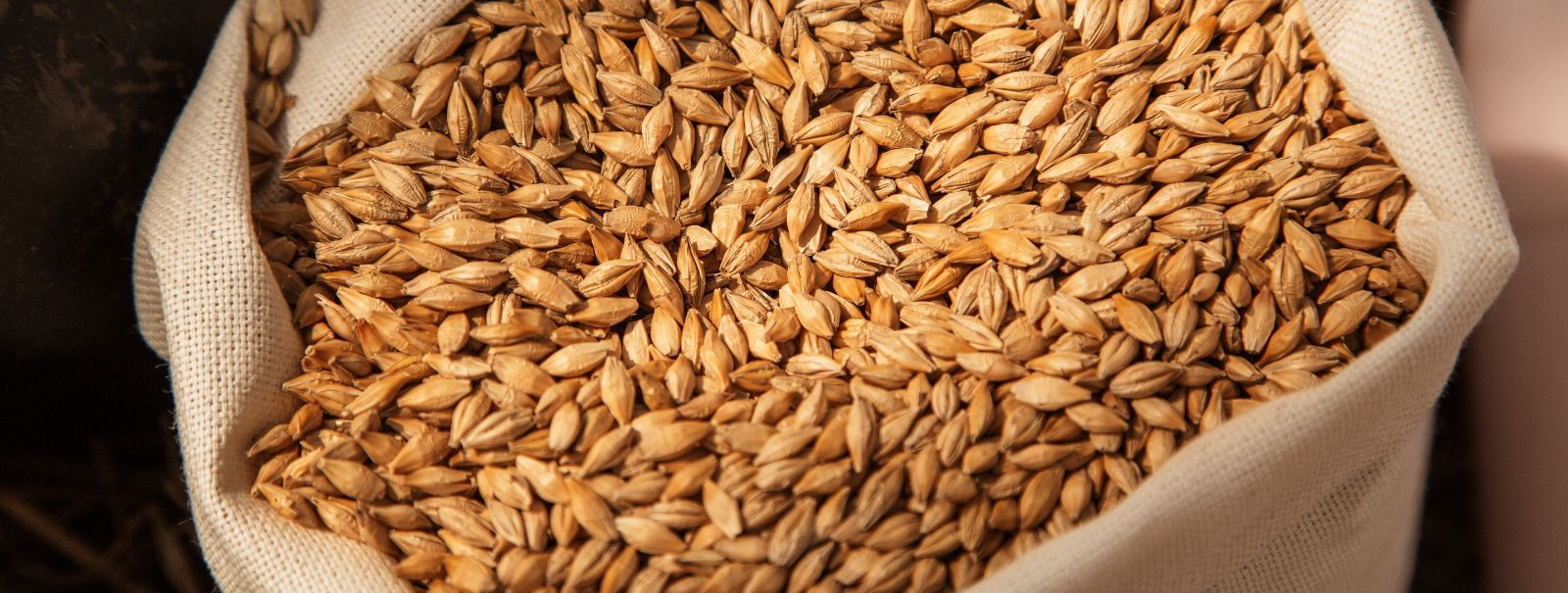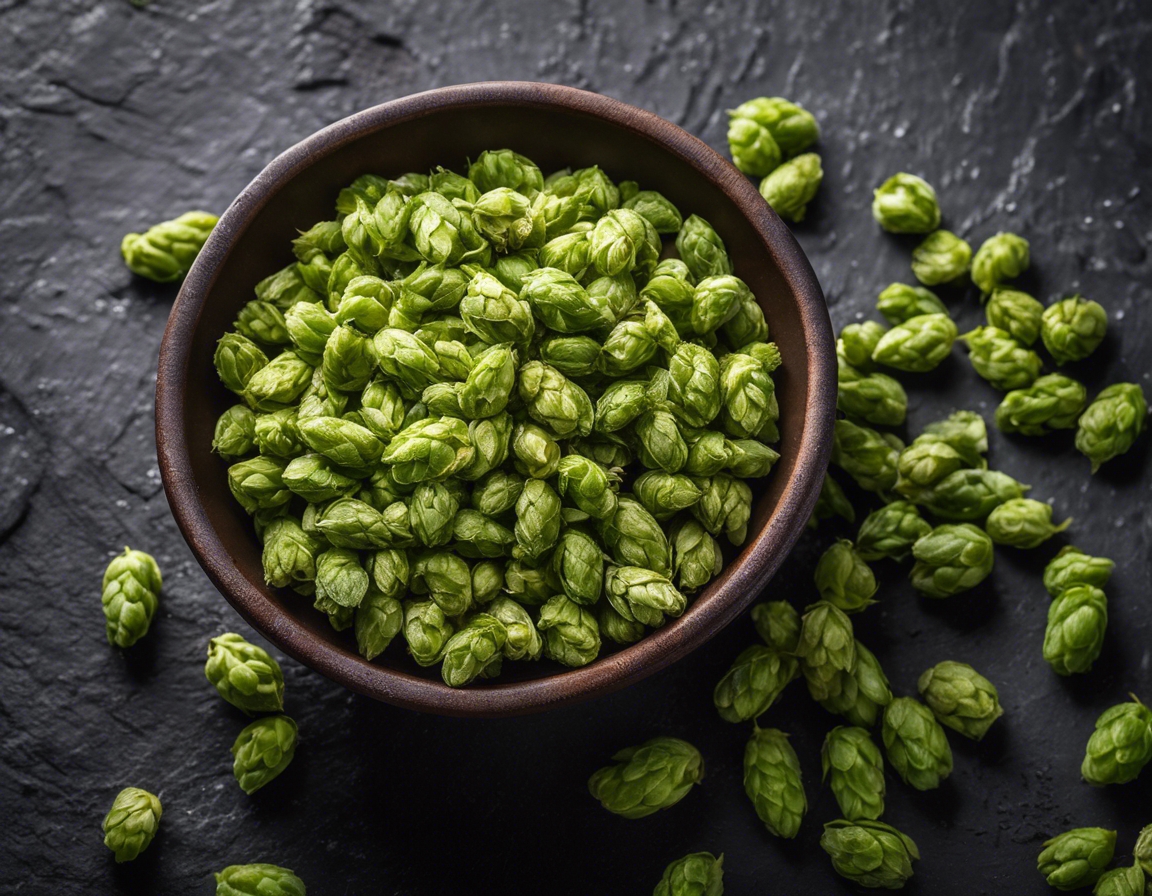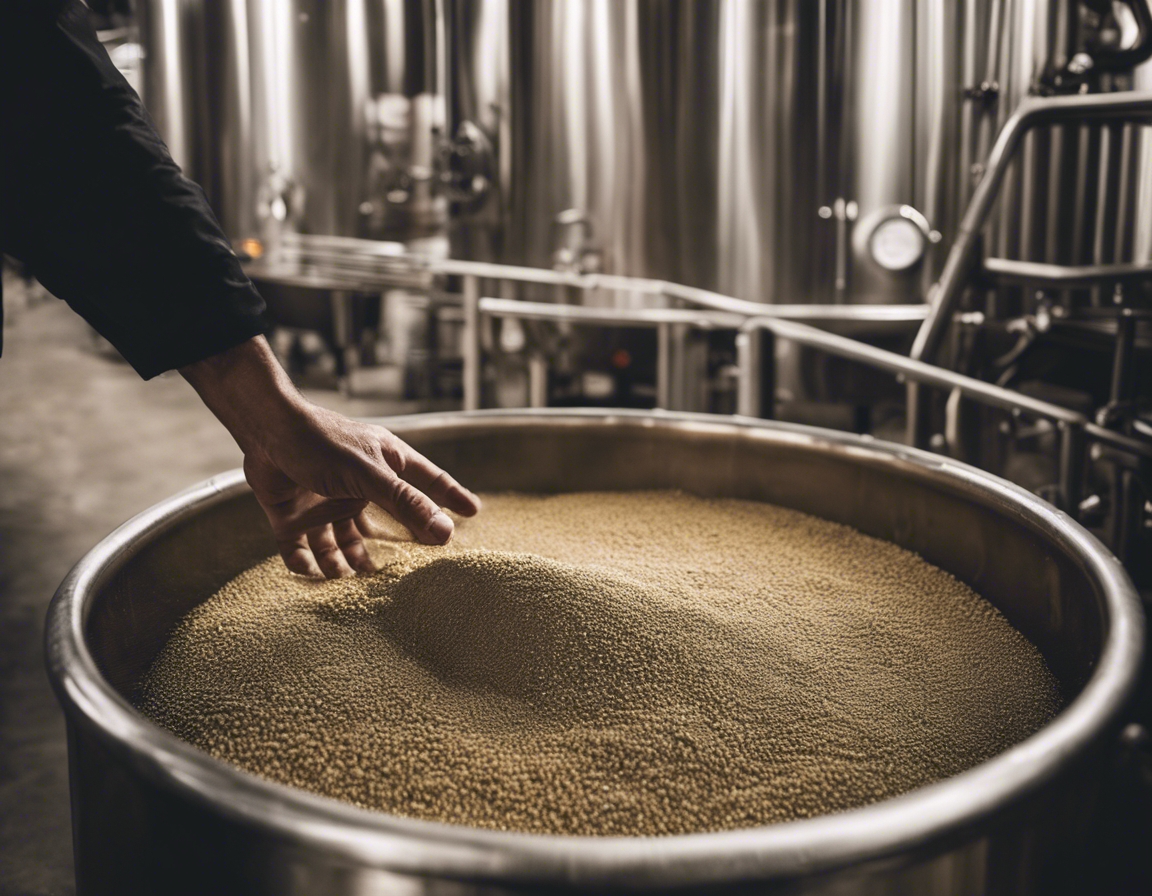Choosing the right malt for your homebrew
Malt is the backbone of beer, providing the essential sugars needed for fermentation. It's made by soaking cereal grains, typically barley, in water to initiate germination, then halting the process through drying with hot air. This process develops the enzymes necessary for converting the grain's starches into fermentable sugars.
Malt contributes to the flavor, color, and body of the beer. It also affects the head retention and mouthfeel, making it a critical ingredient for any homebrew recipe.
Types of Malt
Base malts are the foundation of all beer recipes, usually making up the majority of the grain bill. They are lightly kilned and have the highest potential for sugar conversion.
Specialty malts are used in smaller quantities to add unique flavors, colors, and aromatic qualities to your brew. They range from slightly darker malts that add sweetness, to highly roasted ones that contribute robust flavors.
Each malt type has a distinct profile that includes flavor, color, and fermentability. Knowing these profiles is key to crafting the desired end product.
Selecting Malt for Different Beer Styles
The choice between ales and lagers is significant when selecting malt, as each style has different malt requirements to achieve the traditional flavor profiles.
Understanding the traditional malt profiles of various beer styles is crucial. For example, a stout requires a different malt approach than a pilsner.
Factors to Consider When Choosing Malt
The malt you choose will greatly influence the flavor and color of your beer. Consider what characteristics you want in your final product when selecting your malt.
Yield refers to the amount of fermentable sugars a malt can produce, while efficiency relates to how well your brewing process extracts these sugars. Both are important for a successful brew.
Always opt for the freshest, highest quality malt you can find, as this will significantly impact your beer's taste and quality.
Malt Modification and Its Impact on Brewing
Malt modification refers to the degree to which the grain's endosperm has been broken down during the malting process, affecting its ability to be mashed and the efficiency of sugar extraction.
Highly modified malts are easier to mash and can increase the efficiency of your brewing process, while undermodified malts may require special attention during mashing.
Working with Unmalted Grains
Unmalted grains can add unique flavors, textures, and even health benefits to your beer without the need for extensive modification.
Incorporating unmalted grains requires knowledge of adjunct use and may involve additional steps like cereal mashing or using enzymes.
Homebrewing Tips for Malt Handling
Proper storage of malt is essential to maintain its quality. Keep it in a cool, dry place away from direct sunlight.
Milling your malt correctly is crucial for good sugar extraction during mashing. A fine crush can increase efficiency but also risk a stuck mash.






Comments (0)